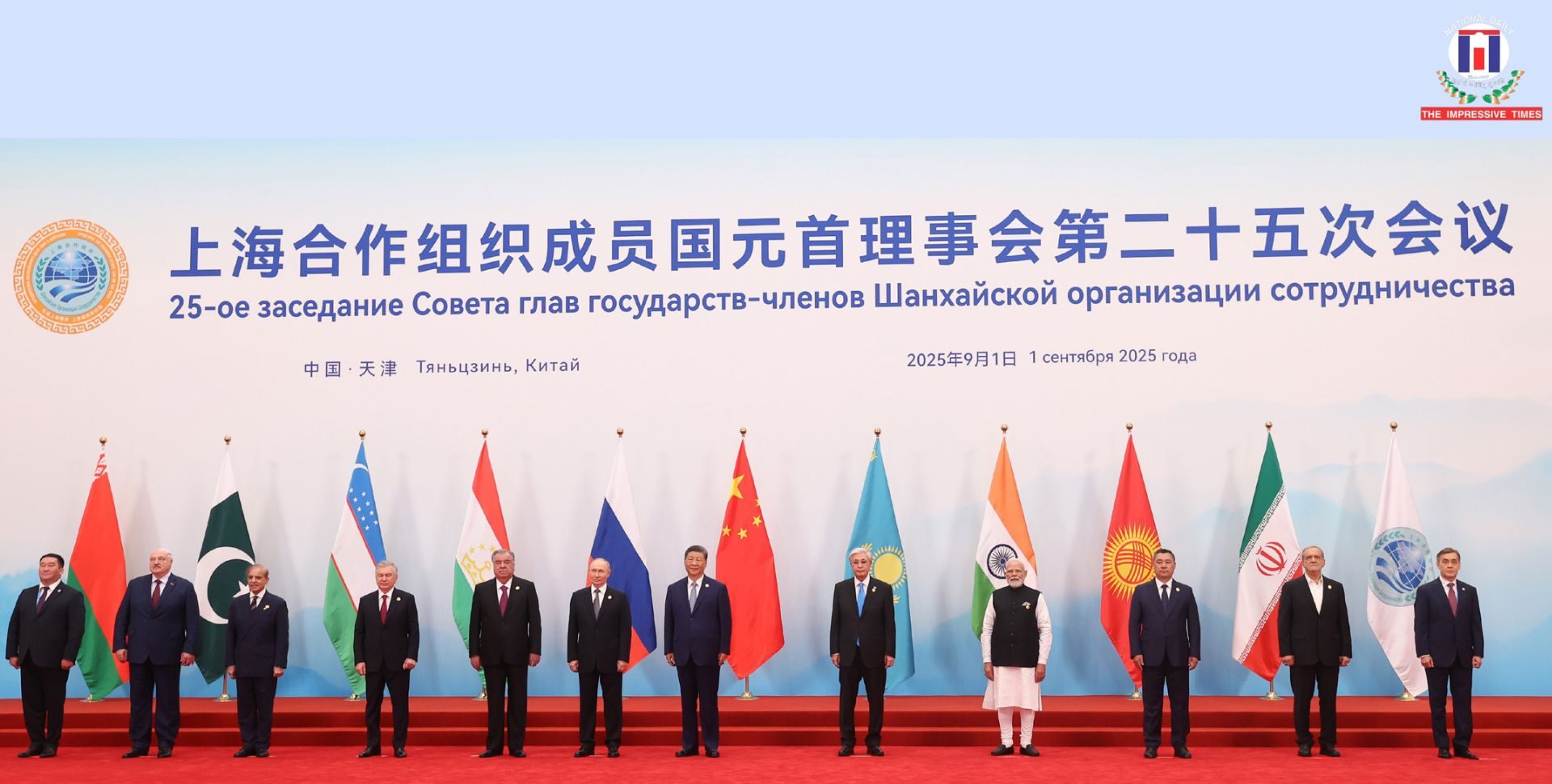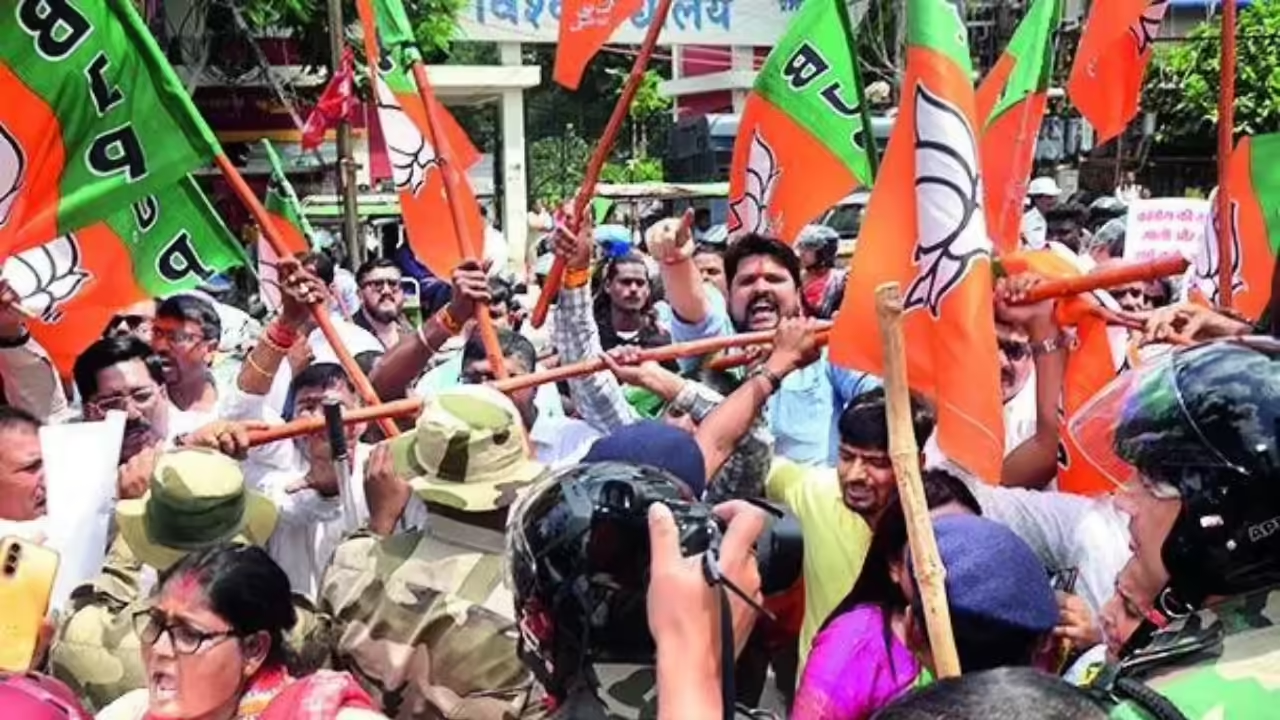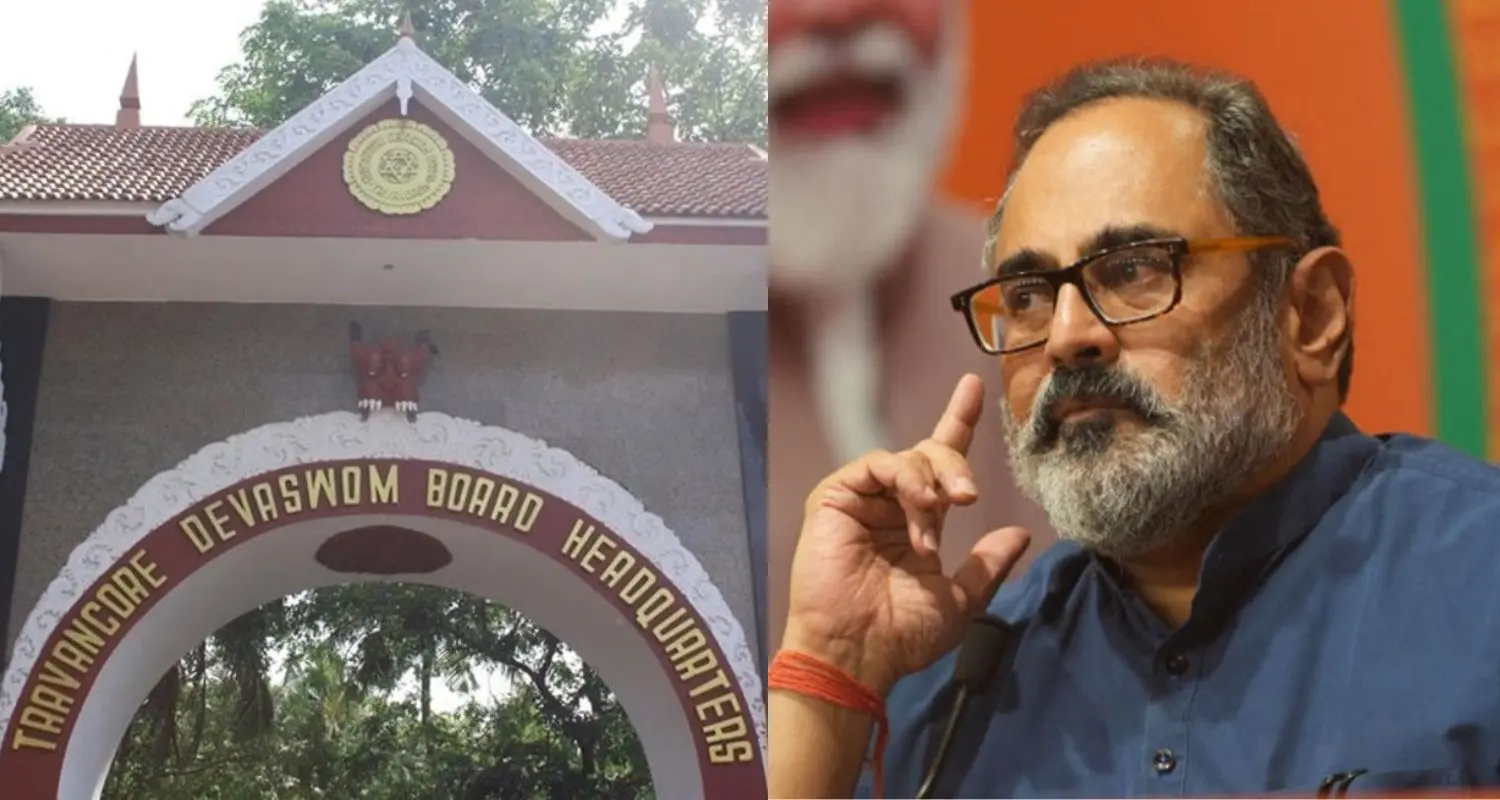Now Reading: SCO Stands United Against Terror, PM Flags Global Concerns
-
01
SCO Stands United Against Terror, PM Flags Global Concerns
SCO Stands United Against Terror, PM Flags Global Concerns

The Shanghai Cooperation Organisation (SCO) has strongly condemned the recent terror attack in Pahalgam, underlining its collective stance against terrorism in all forms. During the discussions, Prime Minister Narendra Modi highlighted that certain countries continue to extend indirect support to extremist networks, a practice he described as unacceptable and dangerous for regional peace.
Member nations of the SCO reiterated their commitment to enhancing cooperation on security matters and intelligence sharing. The Pahalgam incident was referred to as a reminder that terrorism is not confined within borders but threatens stability across the region. Officials stressed that curbing the flow of funds, weapons, and propaganda to extremist groups must be a shared responsibility.
India, as a key member of the SCO, emphasized that no justification—political, religious, or ideological—can validate terrorism. For Tier 2 cities and smaller regions in India, where youth are often targeted for radicalisation, stronger security collaboration is seen as crucial to prevent local impacts of global networks.
Political analysts observe that India’s sharper tone on cross-border support for terror reflects growing impatience with the lack of accountability at the international stage. While the SCO’s declaration is non-binding, it carries symbolic weight, sending out a clear message against state-backed extremism.
The Pahalgam attack and the SCO’s united response highlight the urgent need for collective action. As the final statement noted, cooperation among nations must translate into real measures to disrupt terror networks, ensuring peace and security not just for large cities but also for smaller regions that often face vulnerabilities.

























